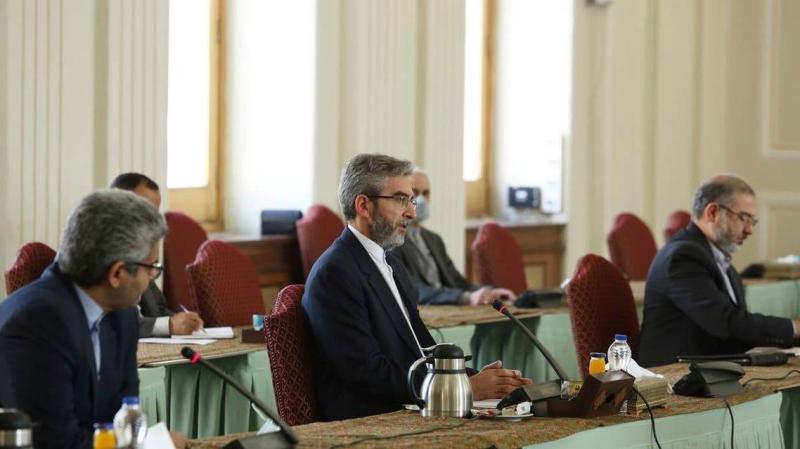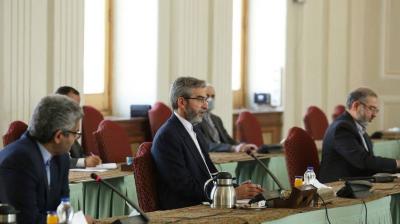After Iranian Deputy Foreign Minister Ali Baqeri announced in a tweet on his account last night, following a meeting with EU mediators in Brussels, that his country agreed to resume negotiations regarding its nuclear file at the end of next month, without specifying a "day or date," Washington emphasized the necessity of addressing the issue in good faith. It urged Tehran to show "goodwill" and to quickly revive the agreement concluded in 2015.
Furthermore, the spokesperson for the U.S. State Department confirmed that the U.S. is ready to return to Vienna and believes that it is still possible to quickly reach an understanding on both sides fully adhering to the terms of the agreement and implementing it. He also stressed that the discussions should focus on resolving the few issues that remained unresolved after the sixth round of talks in June.
On the other hand, a senior U.S. congressional official explained to Politico that very few in the U.S. administration currently believe in Iran's sincerity regarding the nuclear talks. He asserted that Tehran seeks a "win-win" position by "stalling negotiations that have reached an impasse," while simultaneously attempting to increase its nuclear activities.
Iranian officials have repeatedly announced in recent weeks that they would return to the negotiating table "soon," yet they have not set a date for that return, prompting the U.S. State Department to confirm that it might explore other options if Tehran continues to procrastinate.
It is noteworthy that the negotiations that began in Vienna last April have been stalled since June, amidst persistent calls for their resumption, and warnings that delays would allow Washington to consider other options.
Similarly, the International Atomic Energy Agency has warned Iranian authorities multiple times recently of their continued violations of the nuclear agreement. Last week, the agency's Director Rafael Grossi warned of a catastrophic scenario for the region if Tehran does not agree to monitor all of its nuclear facilities, including the Karaj facility, where some have doubts about the activities taking place inside.




